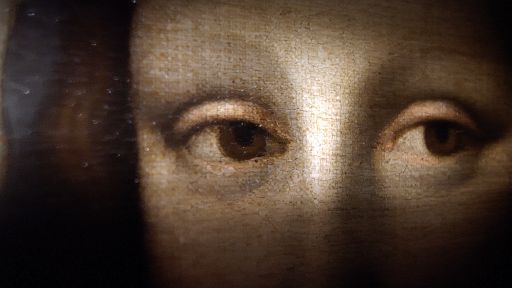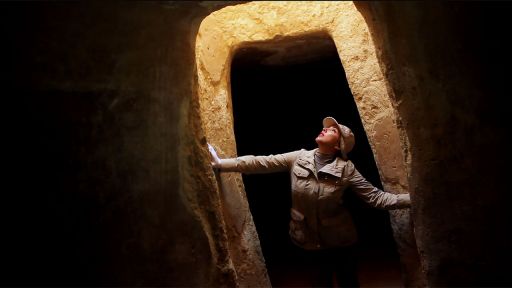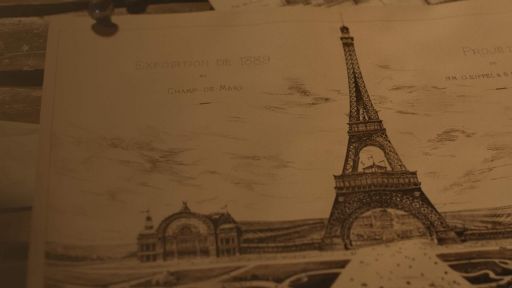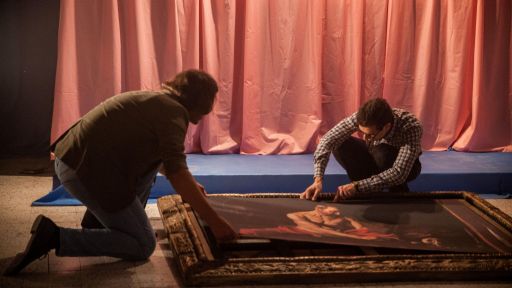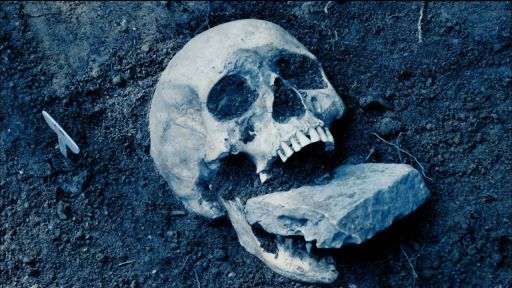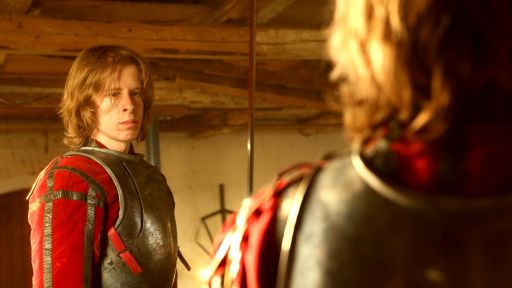Born March 30th, 1853 in Holland, Vincent van Gogh was the eldest son of a Protestant minister. Vincent was expected to conform to a strict, religious upbringing. At the age of 16, he went to work at his uncle’s art dealership. But things soon started to go wrong. Struggling to fit in, Vincent was forced to leave his job and withdrew from society at age 23. With his younger brother’s support, in 1880, at the age of 27, Vincent threw himself into his art. In 1886, he decided to move in with Theo in Paris.
Features
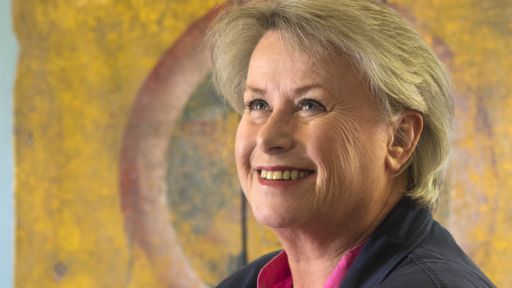
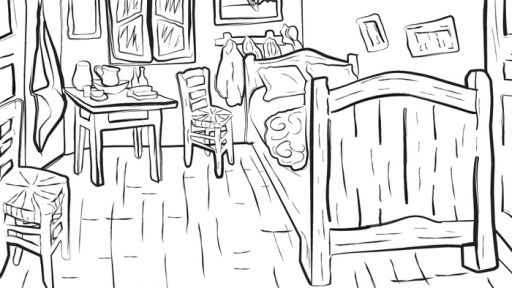

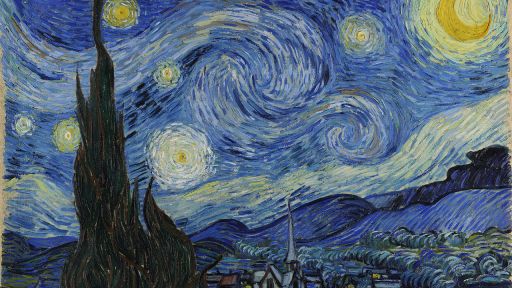
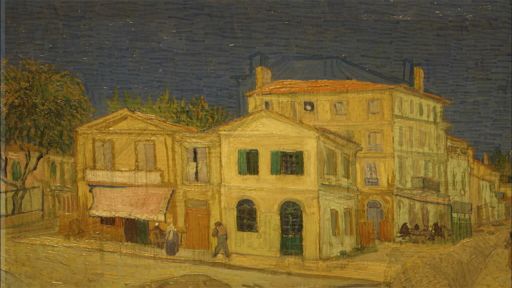
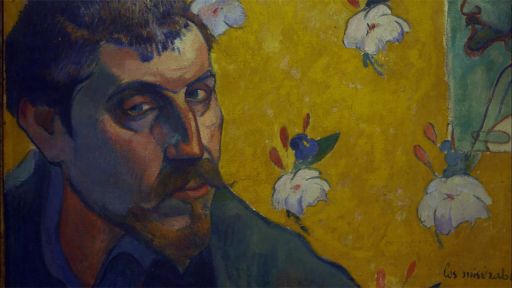
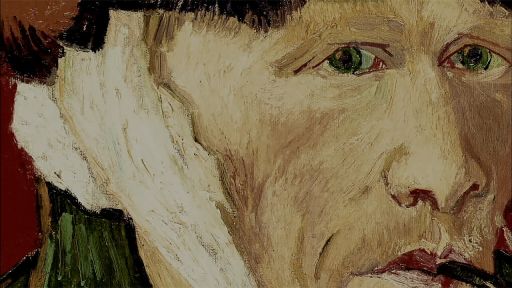
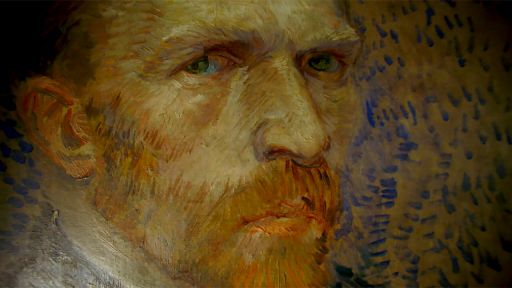
Narrator: Born March 30, 1853, in Holland, he was the eldest son of a Protestant minister.
Vincent was expected to conform to a strict religious upbringing.
At the age of 16, he went to work at his uncle's art dealership, but things soon started to go wrong.
Naifeh: You have a person who was alternately unbelievably depressive or unbelievably manic, but he was also terribly argumentative, so that left him literally in a life of almost no friendship and with a family that despaired over him.
Narrator: Struggling to fit in, Vincent was forced to leave his job and withdrew from society at age 23.
Van Tilborgh: Here we've got this man who has failed, convinced of the fact that he can do something, but not knowing what to do, then his brother says, 'Hey, why don't you become an artist?'
Narrator: Theo, Vincent's younger brother, also worked in the family's art-dealing firm, but he succeeded where Vincent failed.
Without Theo, there would have been no Vincent.
If Theo had not kept him alive, kept him relatively coherent, and paid for his existence and recommended that he start painting in the first place, there would be no Vincent van Gogh.
We owe much of this to Theo's love and fraternity and patronage.
Narrator: In 1880, at the age of 27, Vincent threw himself into his art.
But his early works in Holland were dark and somber, very different from his later paintings.
In 1886, he decided to move in with Theo in Paris.
There, in the bright lights of the big city, Vincent developed a lighter, more colorful style.
However, he again began to feel like an outsider, which led to his momentous decision to move south.
On February 20, 1888, he arrived in Arles.
Had Vincent finally found his Utopia, or had he brought his emotional baggage with him?
You May Also Like
